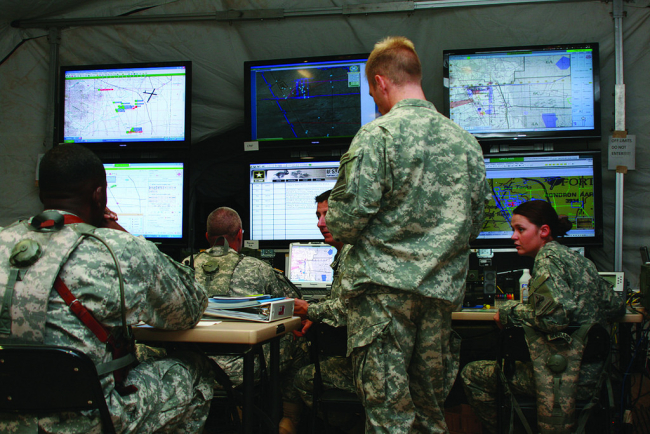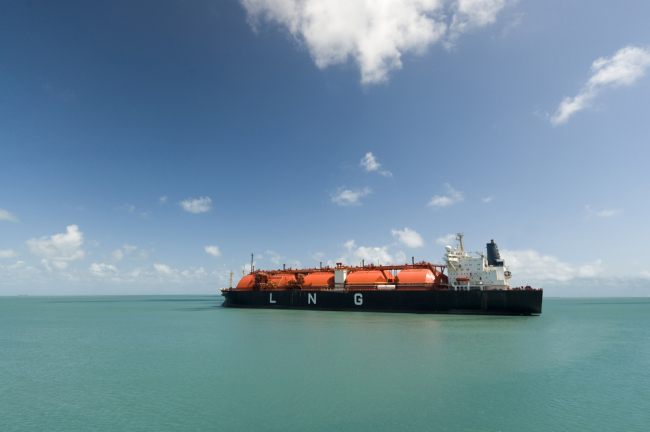3261 publications
Cyber Attacks: A New Threat to the Energy Industry
The Network and Information Security (NIS) Directive has been adopted on July 6th, 2016 by the European Parliament, three years after the initial proposal by the European Commission. It paves the way for a much needed common cyber security strategy within the EU. This Edito explains the reasons why the energy industry is particularly vulnerable to cyber attacks, and what tools this new directive brings about to protect European critical infrastructures.
L'avenir de la surprise tactique à l'heure de la numérisation
Surprise is a crucial dimension of military tactics, which stems from incertitude inherent to war.
The Taboo of the Armenian Genocide, Part Two: The Politics of American Avoidance
The Armenian Genocide has been a topic of trials and tribulations in American politics for quite some time. It has been an issue in Presidential campaigns, like that of now-President Obama: when he promised to recognize it. It has been the topic of votes, such as the most recent 2010 vote which failed to recognize the genocide. It has been a funnel for interests, lobbying, and foreign investment. With Germany recently recognizing the genocide and an American Presidential election at hand, speculation of American recognition is once again at a high. As politicians debate the issue, or avoid it altogether, the American political system moves forward. There are various key players in American politics, but in specificity to the Armenian Genocide issue, there are the Armenian, Turkish, and Israeli lobbies, and the constituencies they represent.
War and Democratic Decision Making: How do Democracies Argue and Decide Whether or Not to Intervene in Distant Wars?
What is the proper place and forum for decisions about war and peace in a democracy? There is surprisingly little consensus on this matter, not in theory and not in practice. While in Iraq, Libya and Syria, all Western actions have ended in failure, it seems necessary to analyze the place and importance of this aspect of the democratic decision making.
The Taboo of the Armenian Genocide, Part One: Global Reaction and American Inaction
In the Syrian refugee crisis enveloping Europe, Turkey has become the bottleneck toward which migrants are flowing into Europe, a factor increasingly important for Germany in particular. Relations have been strained, however, due to disputes over the possibility of lifting visa requirements.
The US Natural Gas Exports : New Rules on the European Gas Landscape
This study addresses the consequences of US Liquefied Natural Gas (LNG) exports towards Europe, in particular on the strategy of Russia, the EU’s main gas supplier.
France: the tale of disenchantment, ambiguity and ambition on the EU
France may be ready to take the initiative again in the EU, but it does not know where to press on.
États-Unis : les nominations à la Cour suprême, enjeu des élections de 2016
With the death of Justice Antonin Scalia on February 13, 2016, the Supreme Court of the United States lost a beacon of conservative thought and one of the most influential American jurists of the last thirty years. The question of his replacement immediately became an issue as the United States looks forward to the presidential election in November. While past nominations to the Supreme Court have been relatively uncontentious, nominations today are affected by the polarization of American politics.








